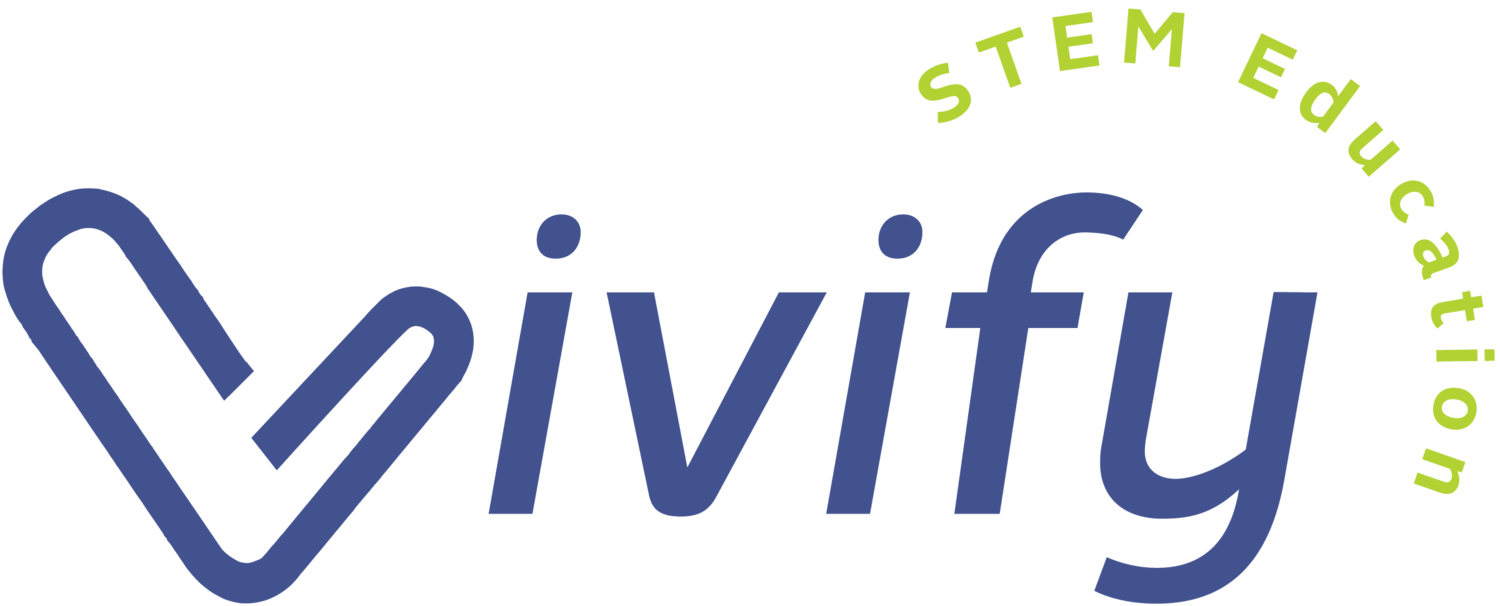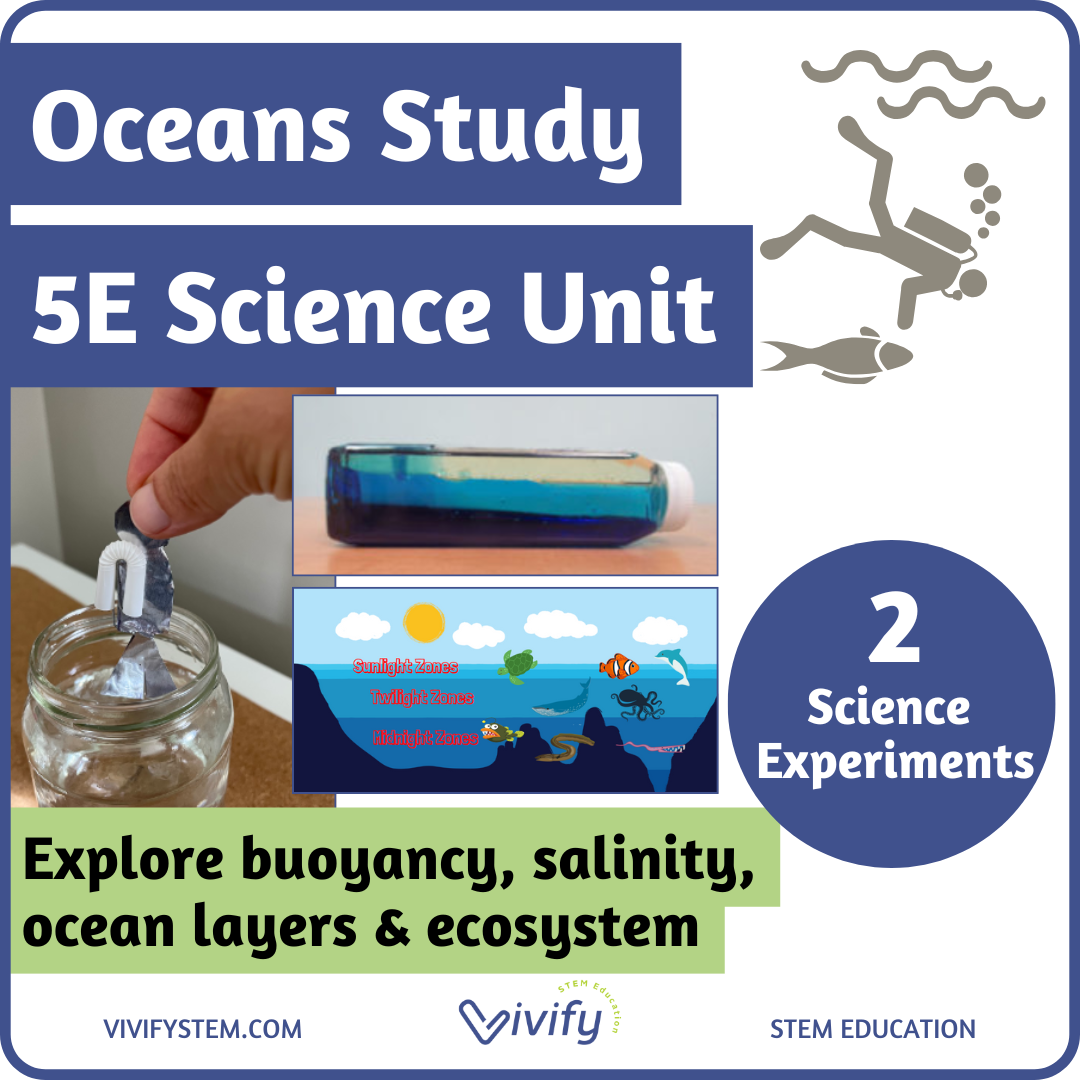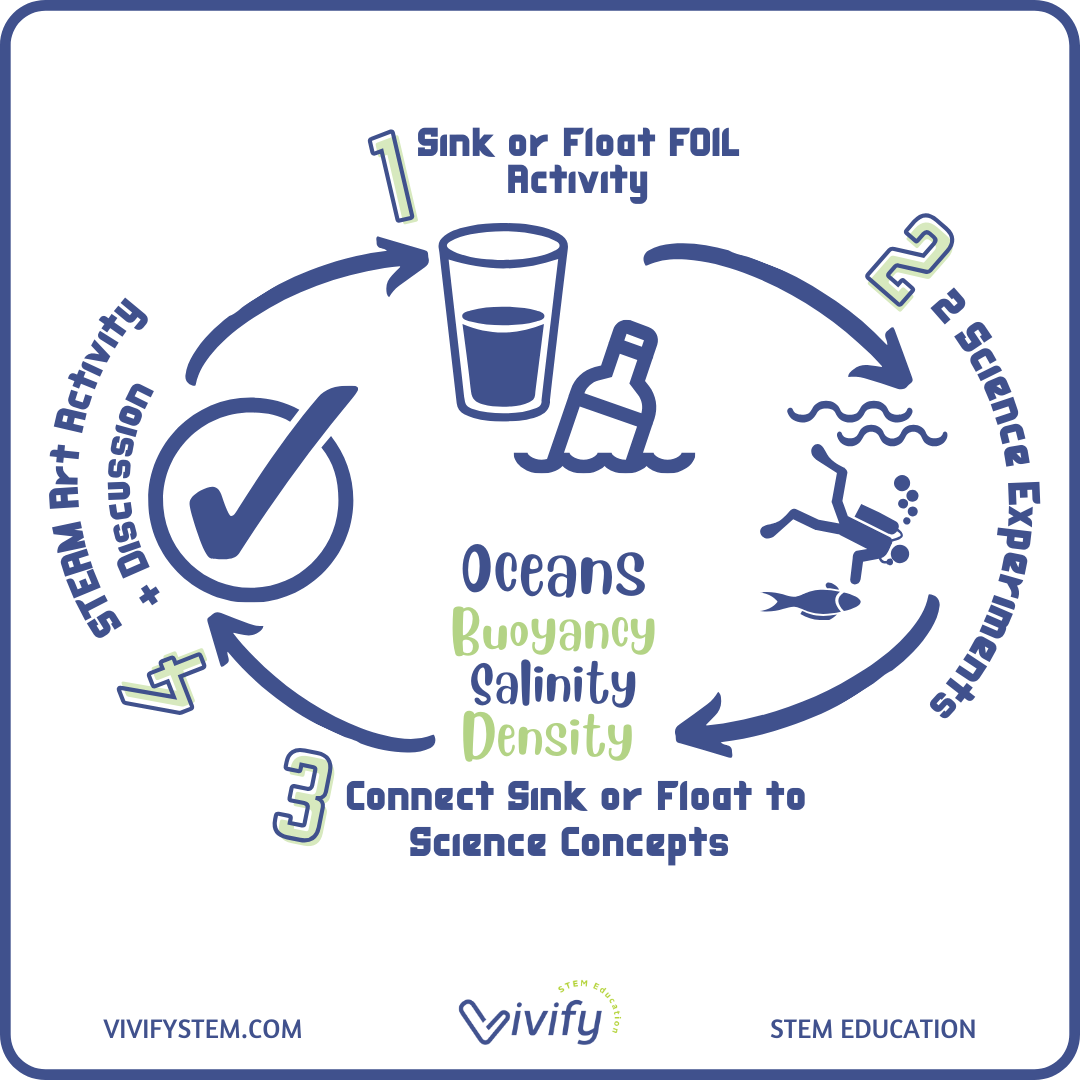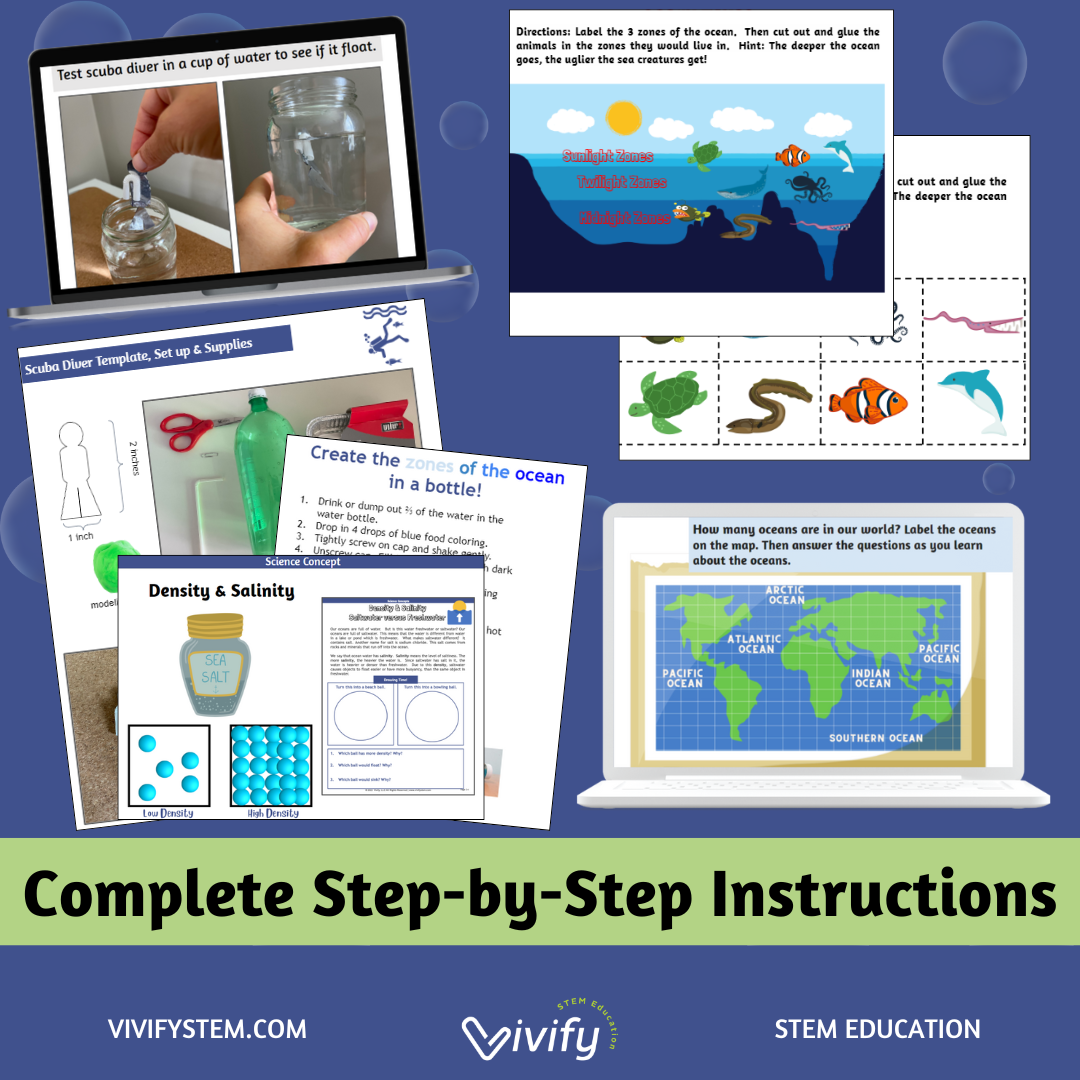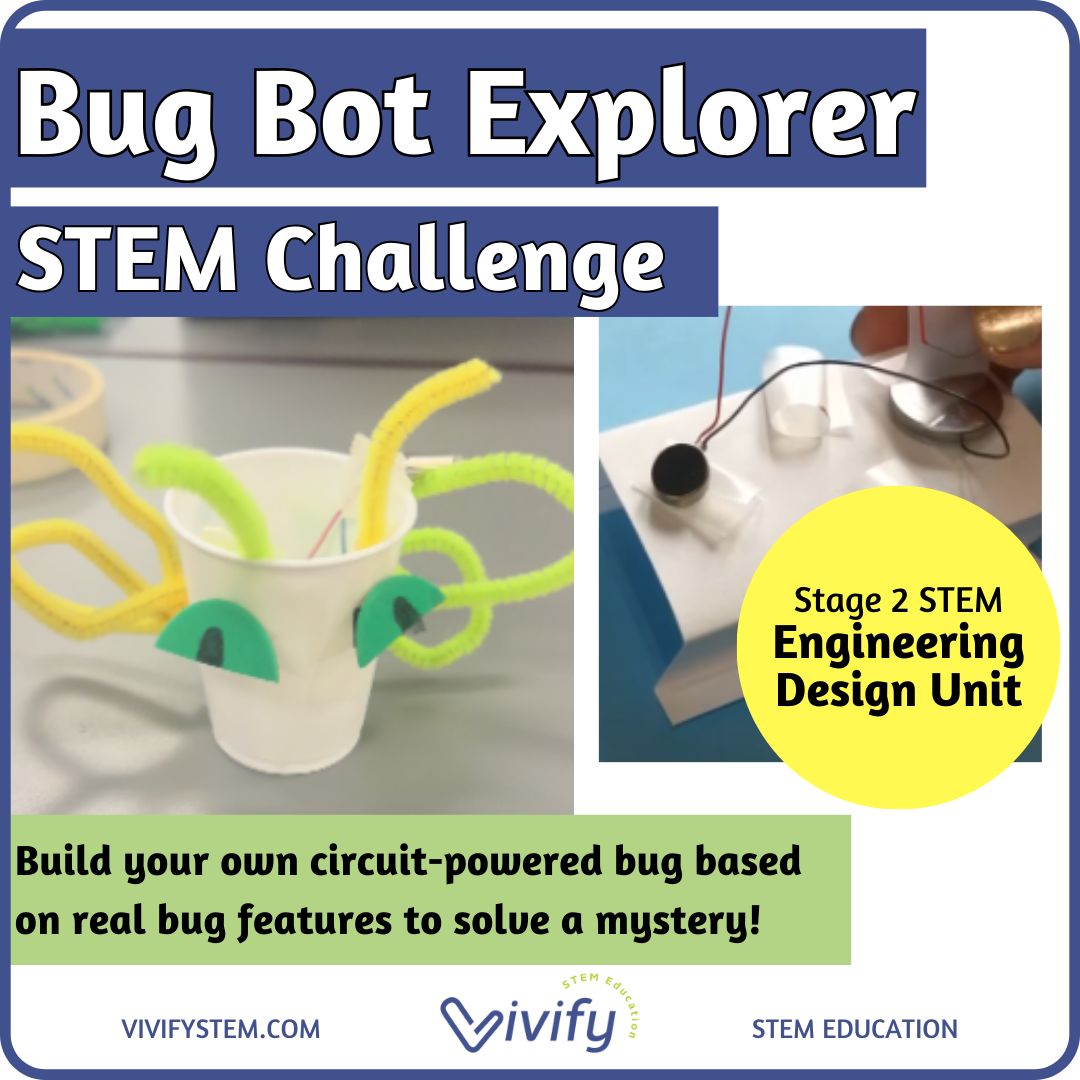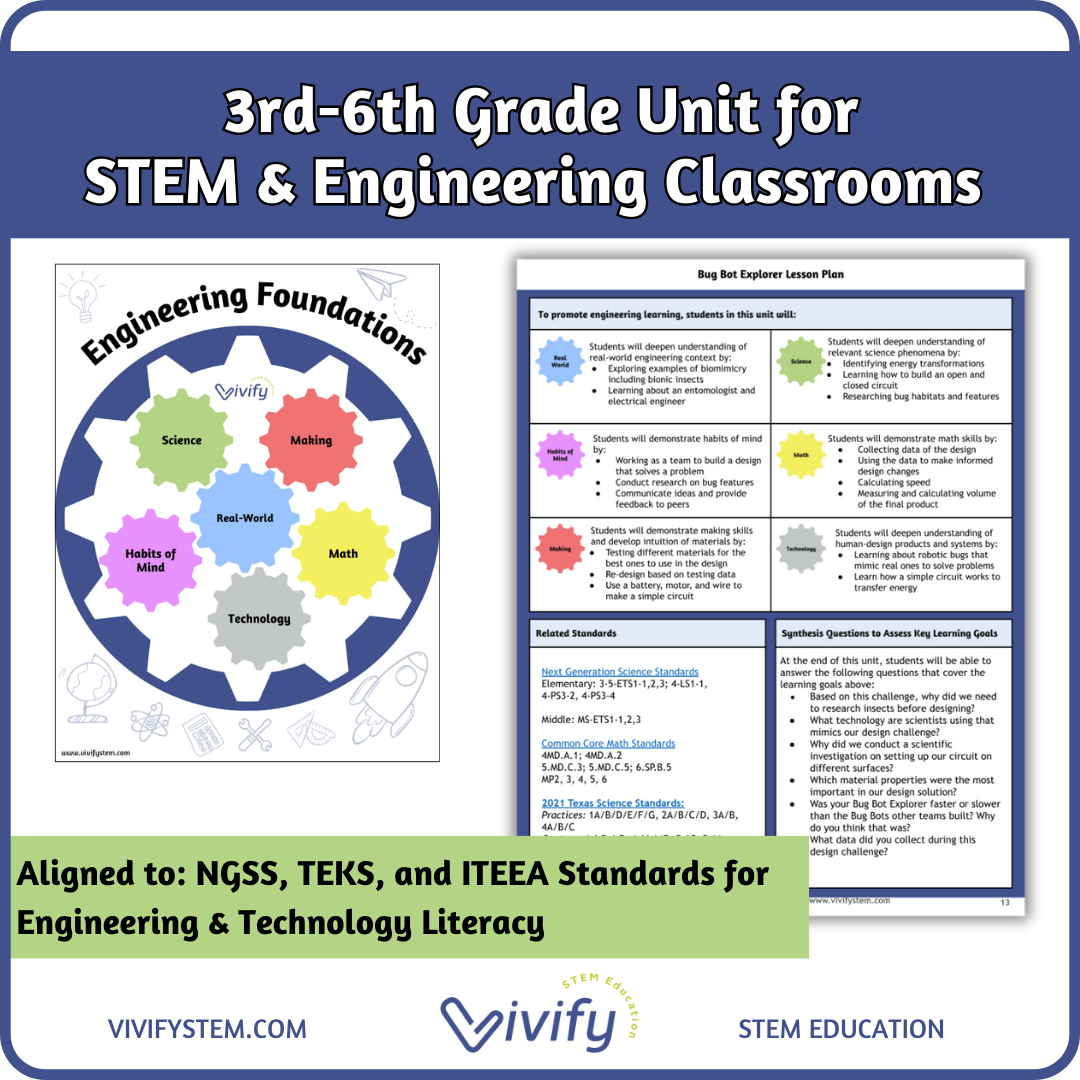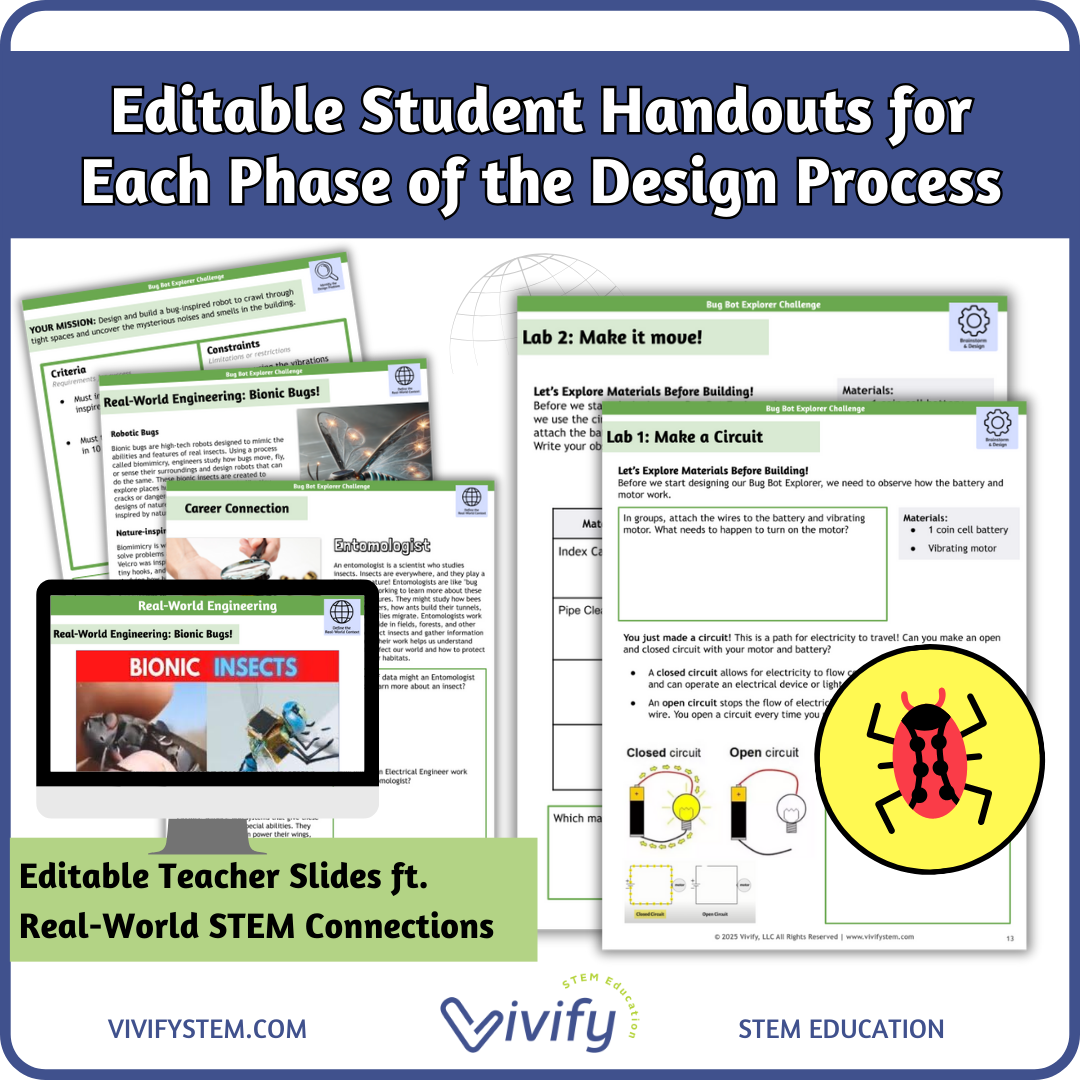Think Like a Scientist: Nature of Science 5E Inquiry Unit
Students will complete a hands-on mystery box exploration to experience the process of doing science. This experience will help students build a deeper understanding of what it means to think like a scientist through discussion, readings, and videos. Concepts will be applied to design their own experiment. To synthesize, students will compare and contrast the scientific method against their experience of doing science throughout the unit.
Grades: 3rd - 10th
Students will complete a hands-on mystery box exploration to experience the process of doing science. This experience will help students build a deeper understanding of what it means to think like a scientist through discussion, readings, and videos. Concepts will be applied to design their own experiment. To synthesize, students will compare and contrast the scientific method against their experience of doing science throughout the unit.
Grades: 3rd - 10th
Students will complete a hands-on mystery box exploration to experience the process of doing science. This experience will help students build a deeper understanding of what it means to think like a scientist through discussion, readings, and videos. Concepts will be applied to design their own experiment. To synthesize, students will compare and contrast the scientific method against their experience of doing science throughout the unit.
Grades: 3rd - 10th
Students will complete a hands-on mystery box exploration to experience the process of doing science. This experience will help students build a deeper understanding of what it means to think like a scientist through discussion, readings, and videos. Concepts will be applied to design their own experiment. To synthesize, students will compare and contrast the scientific method against their experience of doing science throughout the unit.
Unit Overview:
Engage: What is in the Box?
Explore: Mystery Box Exploration
Explain: Think Like a Scientist - Indirect vs Direct Observation + Science Starts with Questions
Elaborate: Design an Experiment
Evaluate: There is no one way to do science!
Part I Engage: \What is in the Box?
Students engage in a decontextualized activity to try to guess a mystery object in the box using only yes or no questions. A class discussion will help students start thinking about the importance of good questions and how more evidence leads to changes in ideas.
Part II Explore: Mystery Box Exploration
Build from the engage activity to investigate what is inside a mystery box using a set of tools. Creativity is key here! Students will start to recognize that there are many methods for doing science and gathering evidence.
Part III Explain: Think like a Scientist
Build from exploration to conceptual understanding by introducing science connected to their experience with the mystery box. Students observe photos of natural phenomena and generate questions they are curious about while observing the photos. Science starts with a question!
Part IV Elaborate: Design an Experiment
Have students generate a question about a natural phenomenon and then design a possible way to answer their question. Share results with the class. Notice how different questions require different ways of gathering evidence.
Part V Evaluate: There is no one way to do science!
Continually assess students understanding and ability to reach learning goals and key concepts.
Summative Assessment: Compare and contrast the scientific method against the mystery box activity. Exit ticket provided for students to formally reflect on the main goals of the unit.
Synthesis: Students design an infographic to represent their version of what the scientific process looks like.
NGSS Science Concepts Explored
The unit is aligned with the following Next Generation Science Standards (NGSS) nature of science practices and crosscutting concepts:
Science Addresses Questions about the Natural and Material World
Scientific Investigations Use a Variety of Methods
Scientific Knowledge is Based on Empirical Evidence
Scientific Knowledge is Open to Revision in Light of New Evidence
Science Models, Laws, Mechanics, and Theories Explain Natural Phenomenons
Science is a Human Endeavor
Includes:
Teacher guide following the 5E learning model
Editable teacher slides in Google Slides
Editable student handouts
Resource links
Materials:
Closed box with a lid (ex: shoe box) filled with various items including but not limited to: Marble, wooden blocks, cotton ball and metal piece
Magnets
Whiteboard (optional)
Stethoscope (optional)
